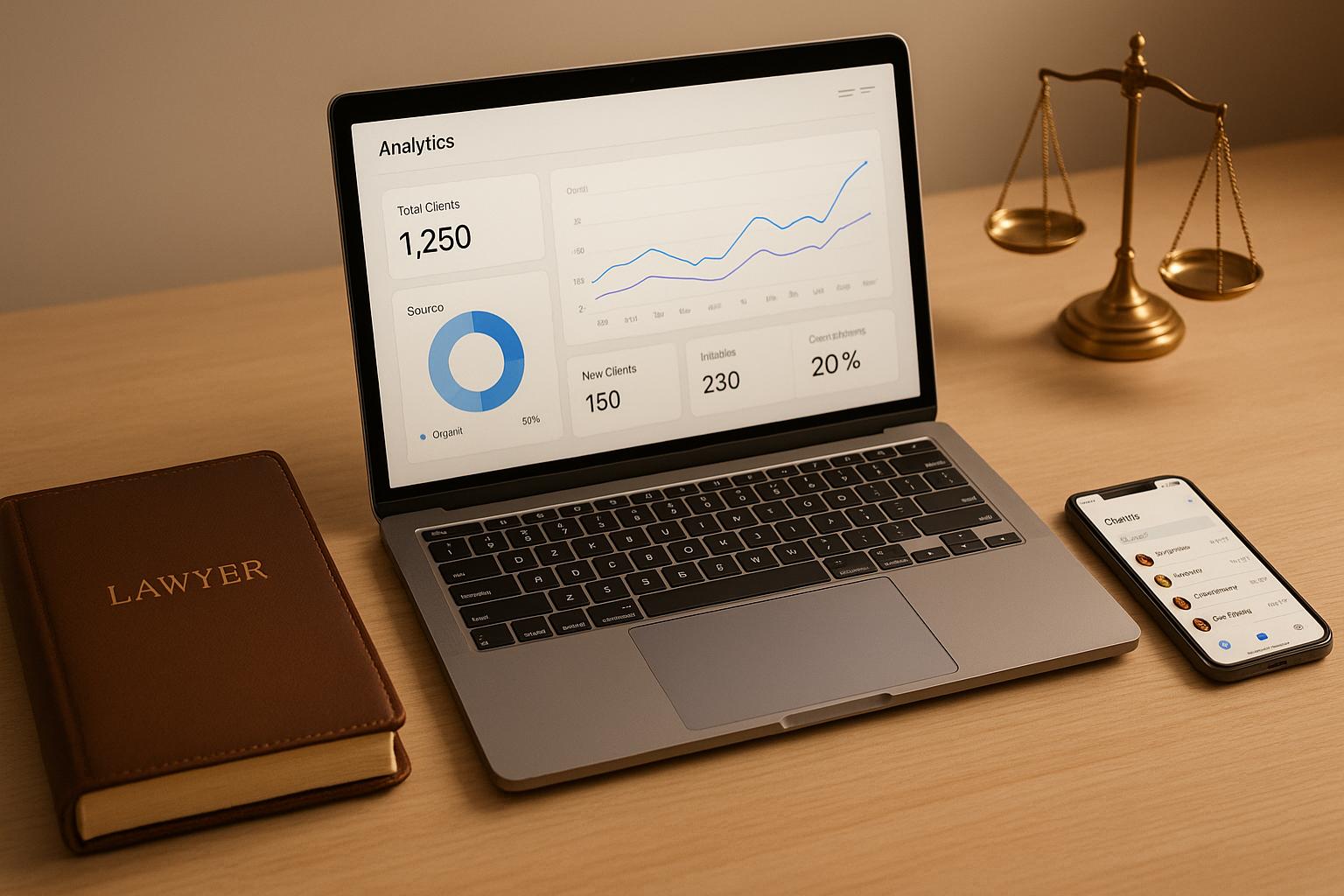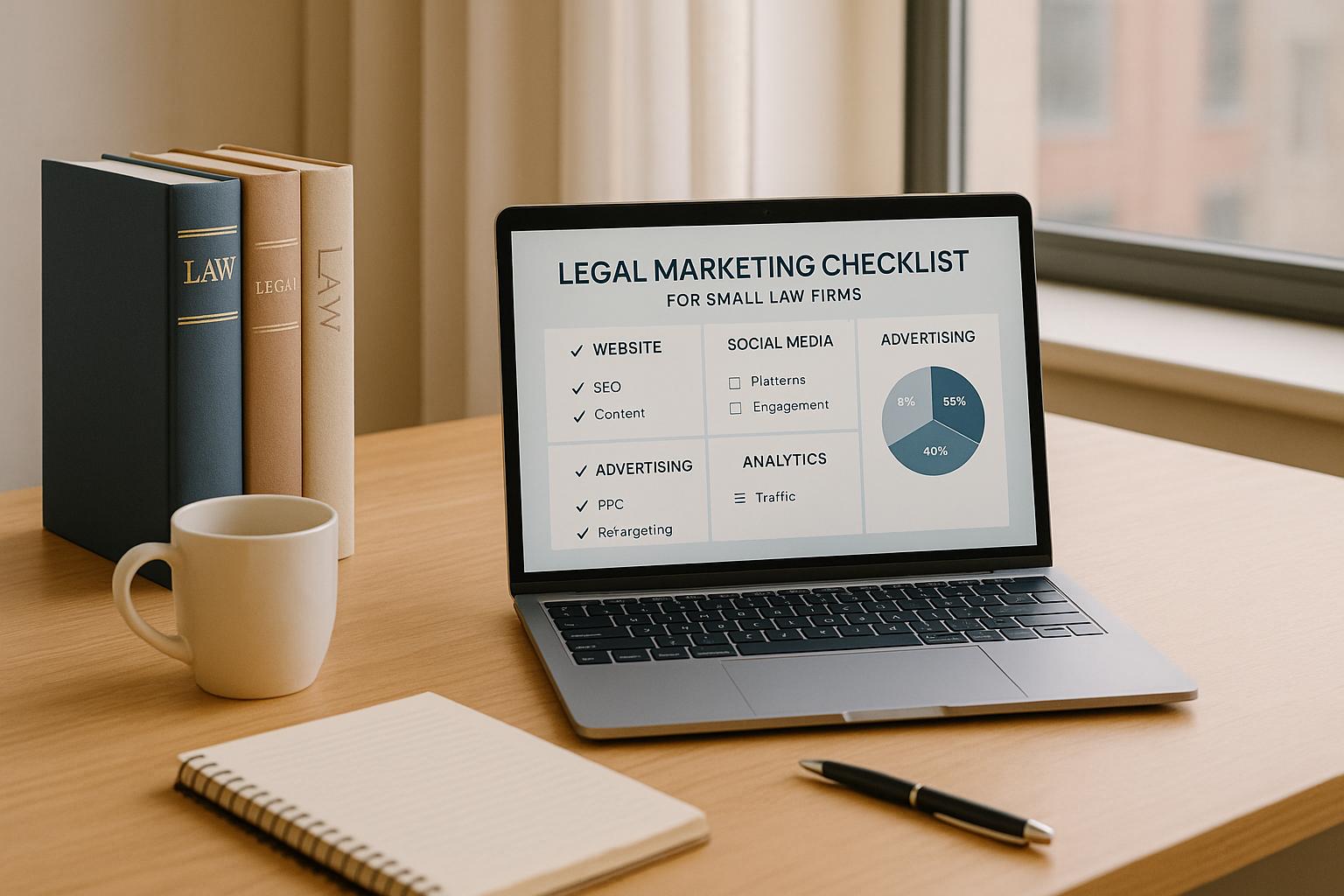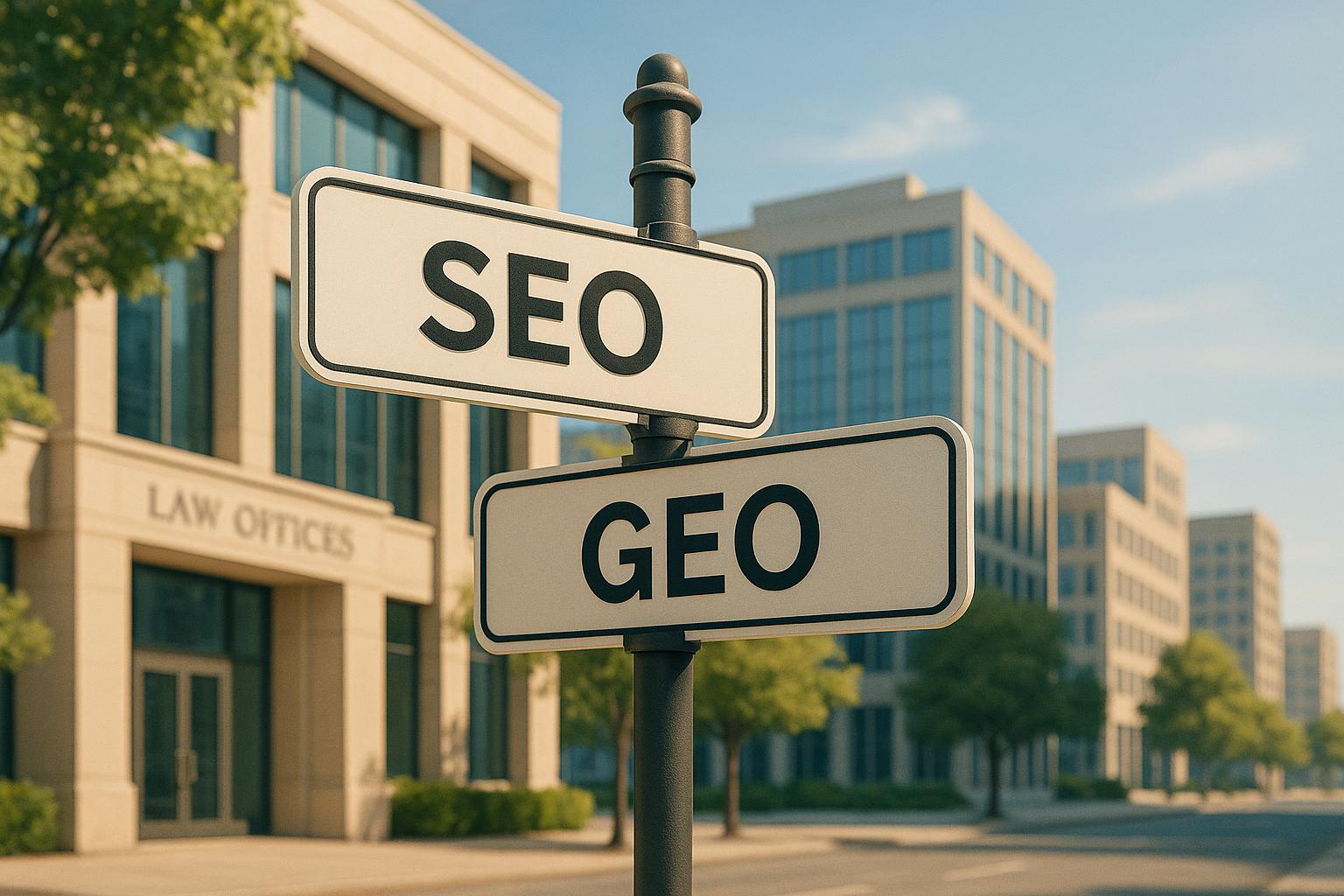Smart lawyers are beginning to wake up to the fact that the battle lines are not whether to choose Harvey AI, CoCounsel, Robin AI, Paxton, or some other product for their legal research. The battle is how clients are going to find you in an age of AI Search. As Forbes stated in June 2025:
Traffic from LLMs converts at nearly 9x higher rates than traditional search. This is the biggest disruption to search since the dawn of the internet. If you’re a brand or publisher, now is the time to adapt your SEO playbook. Oh, there is no “S” — it’s now called Answer Engine Optimization (AEO)
1. Introduction: The Tectonic Shift in Digital Marketing Discovery
The familiar landscape of legal marketing is undergoing a tectonic shift. For over two decades, the primary goal of digital strategy has been to secure a top position among the “ten blue links” on a search engine results page. That era is definitively over. Today, AI-powered “answer engines” like Google’s AI Overview, ChatGPT, and Perplexity are fundamentally rewiring how potential clients find legal counsel. These systems intercept queries, providing direct, synthesized answers that often bypass traditional websites entirely. This is not an incremental evolution; for law firms that depend on online visibility, it is an existential disruption that demands a completely new strategic approach.
As Jonathan Adashek, Senior Vice President of Marketing and Communications at IBM, states, online marketers of all types are “standing on the precipice of a new era, armed with astounding technology and capabilities, yet bound by operating models that deliver the agility of a battleship instead of the fighter jet that is needed.”
The impact of this shift is not theoretical — it is quantifiable and immediate. A recent study analyzing 300,000 keywords found that the presence of an AI overview in search results correlates with a 34.5% lower average click-through rate (CTR) for the top-ranking page. This single data point signals a seismic change in the value of traditional search engine optimization (SEO) and the client acquisition models built upon it. Fewer clicks mean fewer website visits, fewer consultations, and ultimately, fewer clients.
Semrush is the gold standard provider of digital marketing tools globally. The Semrush article did a phenomenal job breaking down all of the traditional metrics that SEO and Legal Marketing types will always focus, including what drives buying behavior:
- Navigational (finding specific sites)
- Informational (learning about topics)
- Commercial (researching products)
- Transactional (making purchases)
Law Firms have followed the SEO model for nearly 2 decades, and everything is being turned upside down in the last couple of years. Semrush literally admits they don’t know what is happening with 70% of behaviors.
But ChatGPT is breaking this mold. Only 30% of ChatGPT prompts in our dataset could be identified as one of these traditional categories. The other 70% consisted of unique queries rarely seen in standard search engines — suggesting users are finding new ways to solve problems and gather information.
Imagine being a law firm and not really knowing how to get to 70% of your potential clients because how they engage with AI Search no longer matches up to your prior understanding of legal marketing? Money is being wasted at monster proportions on all of the old ways of doing things.
To make matters even worse, the algorithms for AI Search can change frequently and if you’re not monitoring this on a daily or weekly basis, you’re losing clients. Worse than that, law firms sometimes have to resort to suing their legal marketing companies for horrendous performance.
The bottom line is, when a new client is ready to make a REAL decision, they have already seen the “awareness stuff” on Instagram and TikTok. People are making these big decisions on AI Search. The answers feel much more customized, personal, and thoughtful, compared to clicking a bunch of links on a Google Search.
I’m writing this article as a strategic briefing for legal professionals navigating this new terrain. It is designed to demystify the technology, diagnose the challenges it presents, and provide an actionable playbook for law firms to adapt, compete, and win in the age of generative AI.
2. The New Visibility Crisis: Why Traditional Marketing Spend is Becoming Ineffective
Modern law firms face a brutal paradox: despite investing significant resources into sophisticated marketing technology and commanding larger budgets, many are structurally incapable of delivering the required growth. Their strategies, teams, and operational models were built for a bygone marketing era, rendering them increasingly ineffective against the disruptive force of AI.
This crisis is best illustrated by a real-world example. Morgan & Morgan, a legal giant that spends over $300+ million a year on client acquisition, was notably absent from early ChatGPT results for the query “best personal injury attorneys in Philadelphia,” despite having a major presence in that market. This anecdote is a stark warning: massive marketing budgets no longer guarantee visibility. When a potential client asks an AI for a recommendation, the answer is not determined by ad spend but by a new set of signals that most firms are not yet optimized for.
The scale of this challenge is immense. The legal client acquisition market in the United States is a $14 to $15 billion industry, and its core mechanisms are being rewritten by artificial intelligence. Yet, the legal sector’s adoption of and preparation for this technology remains nascent. According to a 2025 Thomson Reuters report, the number of firms using Generative AI is growing but still represents a minority.
Legal marketers have a quandary on their hands. How do they maintain credibility with law firms on the whole SEO bandwagon parade, while creating trust that they know what they’re doing in AI Search. Every month lawyers are paying legal marketers $5000, $10,000, $15,000, $50,000 for returns that are diminishing at an accelerating rate. In a shocking development, Findlaw decided to slap all of their lawyers directly in the face by demanding small law firms spend a minimum of $8000 on PPC ads, WTF.
Some folks have had long term relationships with web designers and legal marketers and I give credit to lawyers for having loyalty, but what if there’s a way to spend 50% less and get even better ROI in the world that’s being more and more dominated by AI Search?
There’s a better way …..
Edward Bukstel
Giupedi


